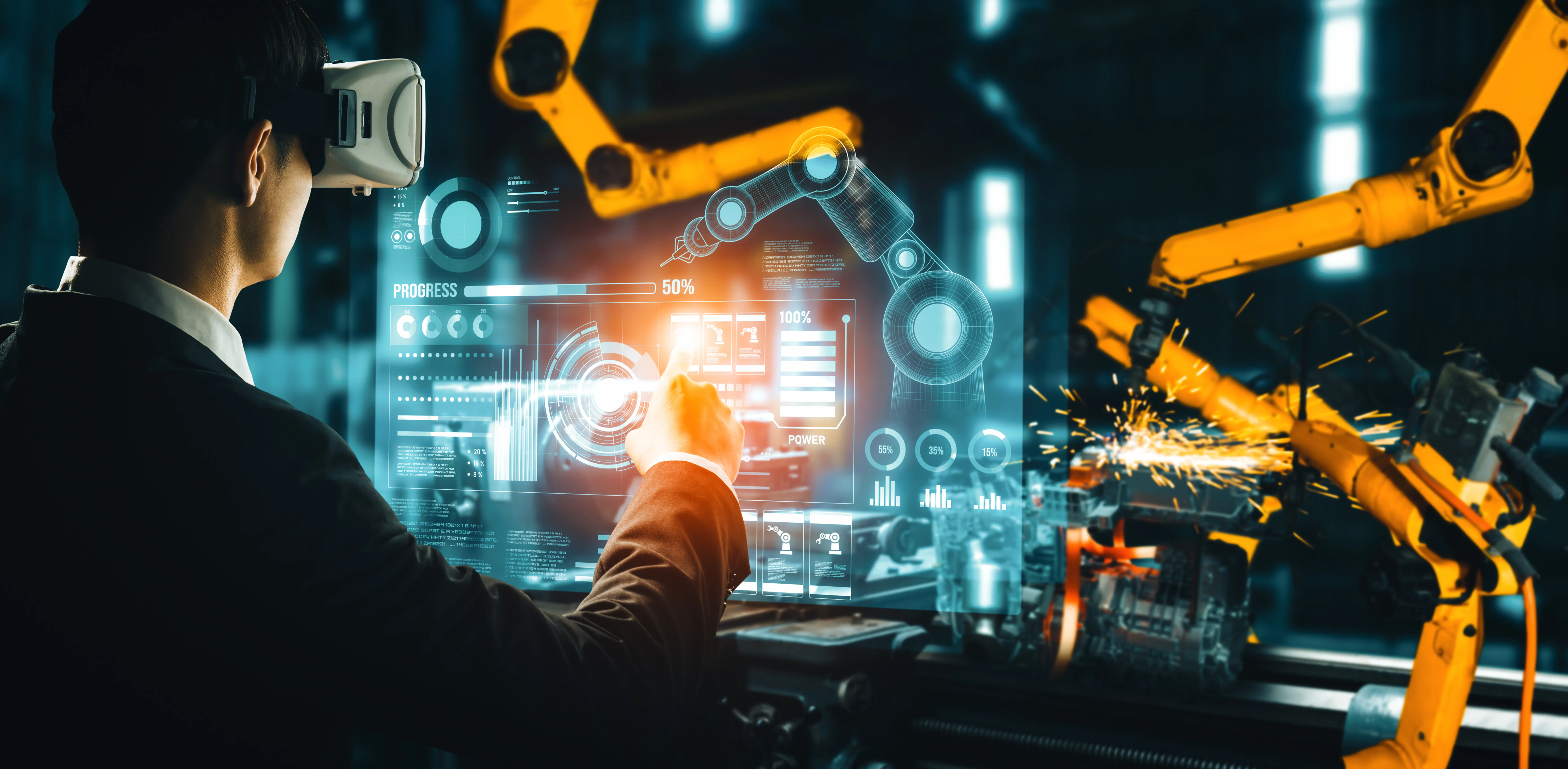New MOEA Policy Brings AI to Taiwan's Factory Floors
2024/09/23 | By Andrew Hsu
Generative AI has become a key trend, increasingly tied to industrial competitiveness. This year, Taiwan's Ministry of Economic Affairs (MOEA) is focusing on the textile and machine tool industries, aiming to create demonstration cases that integrate generative AI with industry capabilities. By collaborating with industry associations, the goal is to help companies adopt this technology to enhance research and development, marketing, and operational efficiency.
Since the launch of ChatGPT in 2022, the adoption of generative AI has rapidly expanded, with industries calling for quicker integration to avoid falling behind in the AI-driven landscape. Facing the pressures of transformation, MOEA is spearheading the “AIization of industry,” involving system and software developers who will work with public associations and companies. They will apply AI to various stages of manufacturing, marketing, and services by developing training models and algorithms that cater to industry-specific needs.
The Industrial Development Administration (IDA) of MOEA highlights that, for 2024, the focus will be on the textile and machine tool sectors, leveraging the expertise of corporations, associations, and service providers to establish early demonstration projects. MOEA officials emphasize that generative AI's ability to process R&D data and training results can lead to better product designs, enhanced specifications, and more efficient solutions, greatly improving business operations.
However, officials also note that while generative AI can significantly aid R&D and marketing, aspects of manufacturing still depend on the expertise of seasoned professionals or the use of discriminative AI to assess and address specific situations. Generative AI complements these processes, offering innovative and often unforeseen solutions.
Additionally, with the investment tax credit under Article 10-1 of the Statute for Industrial Innovation set to expire at the end of this year, the MOEA is considering expanding its scope. Beyond intelligent machinery and 5G communication systems, new areas like generative AI, low-carbon equipment, and IC design software may be included to support the growing demand for AI technology applications.




